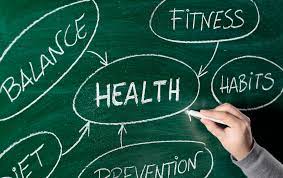Search by Color or Cause


Health literacy and education are large determinant of health status. Without access to information, members in each community can be greatly affected.
The three main goals of NHEW are:
In addition, it is especially important that individuals understand the health care system. And, it is important they know where to find trustworthy and accurate health care information. In order to improve the health status of individuals, communities, states, and the nation, health education and health literacy are important skills.
The National Health Council (NHC) encourages patients and patient advocates to be engaged in all aspects of health care including research, policy, quality-of-care, and value-of-treatment. The NHC provides individuals with access to high-quality information and promotes increased access to affordable, high-value, sustainable health care.
The National Center for Health Education (NCHE) is the officially-designated coordinating sponsor of National Health Education Week. NHEW is an annual event that is celebrated during the third week of October. Since 1995, NCHE has identified an annual theme for National Health Education Week. The purpose is to focus national attention and raise awareness of pressing health issues. These issues are typically of interest to the public.
Health education improves the health status of people, their communities, and the country as a whole. The work of health educators helps to improve the quality of life for everyone. In addition, it helps to improve longevity and decrease illness and disability. Further, it helps to lower the financial costs associated with medical treatments. Those in health education provide the skills, knowledge, and training to complement health providers, policy makers, human resource personnel, educators, and other professionals that impact human wellness.
The provision of widespread education and improvement of health literacy as a whole can have a vast impact on the health and even economic status of our country.